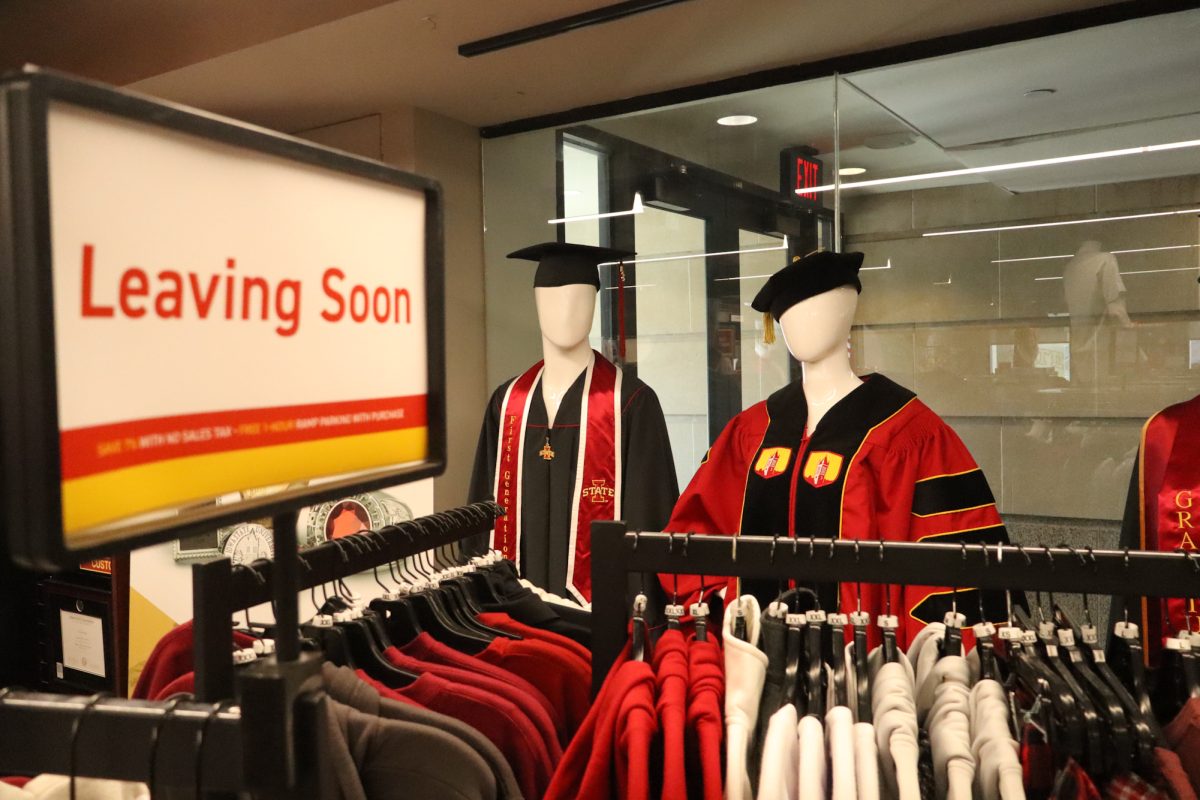Beiwel: Sexual safety has to be more than “Just Say No”
October 3, 2015
In school, we were shown the perfunctory pictures of grossly deformed, rotting, warty, diseased genitalia with the implication that this was what happened if you had sex.
Have sex again, and get another more debilitating STD that could ultimately lead to death. This was my sex-ed experience, and the sex education many generations experienced before me, so why hasn’t the way we are taught about sexual health changed with it?
Abstinence-only education hinges upon one key point: In order to prevent teen pregnancy and STDs, all that needs to be done is to dissuade youth from having sex or to “Just Say No.” Refuse drugs and sex, not because we’ve given you any valid reasons to, but because we say it’s bad for you.
How is that going to resonate with anyone? Teens are going to have sex and they need protection. Removing condoms and education about safer practices isn’t going to stop them, it’s just going to make them start doing it protection-free.
Take for example pre-exposure prophylaxis (prEP), an HIV prevention drug to be taken every day by “high-risk individuals.”
Truvada, a prEP medicine, has been touted as a wonder drug — take this, have sex and you’ll be fine.
Supporters compare it to birth control, in that you have to take it every day and, if you come into contact with HIV-1, you have about a 1 to 9 percent chance of contracting the virus.
It is intended only to be a supplement to existing practices to prevent against HIV-1 (condoms and frequent testing) but is instead being used by some as an alternative to condoms. One study found that some high-risk individuals have sex without condoms regardless of whether or not they have access to prEP.
But we can’t just take prEP away because people aren’t being as safe as they should be. The problem exists regardless of people’s reluctance to acknowledge it.
Sexual education was first promoted in America in 1892 by the National Education Association as a necessary part of the education of youth.
The debate about whether sexual education should be mandatory has lasted more than 100 hundred years with spirited supporters and protesters on both sides. Some of the more vocal opponents have been the supporters of abstinence-only education, which states that sex should never occur before marriage.
Supporters of this method claim that early onset sexual activity can lead to numerous ill effects, such as an increase in the likelihood of STDs, pregnancies and “emotional and physical injuries.”
This is watering down the issue to the point of infancy. Many of these programs, such as “Operation Keepsake,” which was founded in 1988, are directed at teens and preteens who are unable to make informed decisions for themselves and therefore swallow rhetoric that will either have no impact on them later in life or negatively affect them by making them feel ashamed of their later choices.
Abstinence-only education has proven to be ineffective, and possibly damaging. Some studies suggest a correlation between teen pregnancies and abstinence-only sex education. I know that I, at 19, am no where near ready for the responsibilities of a child.
Pills, patches, shots, Nuvaring: Dozens of ways are available for women to protect themselves against an unwanted pregnancy, with typically about 90 to 99 percent effectiveness. Birth control in some form or another has been around for thousands of years — some ancient civilizations used lemons and cotton while some women were even advised to drink mercury to prevent pregnancy.
Birth control in and of itself has also been a very controversial topic. Margaret Sanger, the founder of Planned Parenthood, was jailed on obscenity charges in 1916 for opening the first birth control clinic in the country and distributing diaphragms and information on family planning.
The front-runner in the “war” on birth control has always been the church, more specifically, the Catholic Church, which still largely contends that birth control is inherently sinful as it disturbs the “natural law.” But studies suggest that 99 percent of women between 15 and 44 years old have used some form of birth control in their lives.
Sixty-eight percent of Catholics use a “highly effective” method of birth control, such as the pill or an intrauterine device.
I’m not here to bash religion, but some people have been taking this to another degree.
Some states have laws explicitly requiring pharmacists to fill any prescription from a doctor despite their own beliefs, while others have laws saying the opposite.
In six states, pharmacists can decide whether or not another person can receive an over-the-counter medication.
This has led to abortions, discrimination against rape victims and general humiliation for the people who try to make these purchases but are refused.
PrEP is by no means a free pass. It’s not a vaccine, so the body does not learn to fight off an infection the same way as it is taught with a vaccine. The pill must be taken every day, or the efficacy decreases.
Since it was introduced, a common and disturbing point was raised that PrEP is an alternative to condoms. This opinion was condemned by AIDS Healthcare Foundation President Michael Weinstein when he called Truvada a “party drug” and does not consider it a viable alternative to condoms.
Because it’s not.
While Truvada is highly effective against HIV-1, the user still has to practice safe sex and get tested regularly. Additionally, HIV-1 is far from the only STD in existence and Truvada only protects against initial infection. It can not eradicate it once one it is infected and it is not a replacement for safer sex practices.
I don’t care what you do, just be safe and smart about it. You’re worth taking care of.






